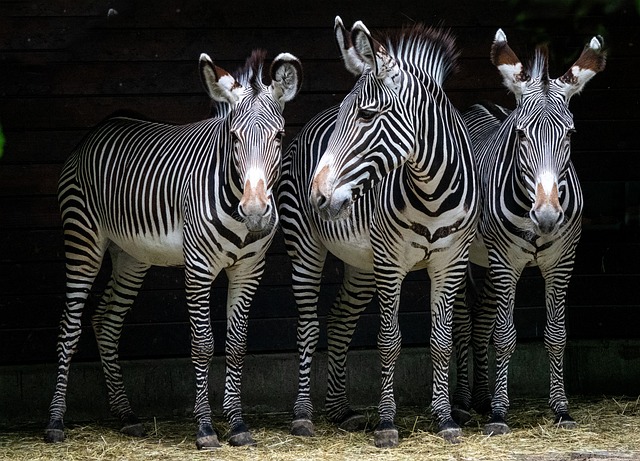【Philosophy】African philosophy cannot be a thing
This essay unpacks several arguments about the metaphilosophic nature of African philosophy and charts a way through the problems these arguments enco... [more]
This essay unpacks several arguments about the metaphilosophic nature of African philosophy and charts a way through the problems these arguments enco... [more]
I use the concept of epistemic injustice to think through the practice and methodology of comparative, or fusion, philosophy. I make two related claim... [more]
Central to Wilfred Sellars' philosophical system is his belief that science's current ontology is inadequate as it fails to provide for an acceptable account of perceptual experience. Unfortunately, this remains the most puzzling plank in his philosophy

I argue here that a properly Platonic theory of the nature of number is still viable today. By properly Platonic, I mean one consistent with Plato's own theory, with appropriate extensions to take into account subsequent developments in mathematics. at P
Against influential views to the contrary, notably formulated in Henry Allison's Christianity and Nonsense, it is argued that Kierkegaard's Concluding Unscientific Postscript is not in itself, as a whole or in any part, an elaborate joke. The work conta
For 2,500 years western philosophers showed great interest in dreams-as subjects, examples, analogies, and contexts. Since 1960 this interest has declined, while scholars in other disciplines continue to study dreams, often addressing philosophical issues
This paper adopts a symmetrical approach to controversies over R.H. MacArthur and E.O. Wilson's equilibrium model of island biogeography, in order to show how different interpretations of the model depend upon different philosophical understandings of th

This essay extends Levins' 1966 analysis of model building in ecology and evolutionary biology. A model, as the product of modeling, might be valued according to its correspondence to reality. Yet Levins' emphasis on provisionality and change redirects
Life-history evolution is a complex process. Life-history theory covers the fundamental level of the process, the evolution of life-history traits. Life-history traits interact; those coevolving as a response to the same selection pressure form life-histo
It is commonly accepted that the western view of humanity's place in nature is dominated by a dualistic opposition between nature and culture. Historically this has arisen from externalization of nature in both productive and cognitive practices; instanc
The backward induction argument purports to show that rational and suitably informed players will defect throughout a finite sequence of prisoner's dilemmas. It is supposed to be a useful argument for predicting how rational players will behave in a vari
The paper presents an argument against a 'metaphysical' conception of logic according to which logic spells out a specific kind of mathematical structure that is somehow inherently related to our factual reasoning. In contrast, it is argued that it is a
Winch's The Idea of a Social Science is explicitly based on a conception of philosophy. This article outlines and criticizes this conception, and then explores the relevance of this for Winch's conception of social science. Winch identifies philosophy w

Darwin's ideas on variation, heredity, and development differ significantly from twentieth-century views. First, Darwin held that environmental changes, acting either on the reproductive organs or the body, were necessary to generate variation. Second, h
Recently, both consumers and producers of biotechnology products have insisted that communication between the two be improved. The former demand more democratic participation in the risk assessment process of biotechnology products. The latter seek to cor
Stewardship is potentially a useful concept in modernizing management philosophies. Use of the term has increased markedly in recent years, yet the term is used loosely and rarely defined in land management literature. The connections between this practic
In 1998, Greenpeace, Natuur en Milieu (Nature and Environment), Milieudefensie (Environmental Defense), and the National Consumers Union presented a report about the possible risks and hazards associated with pesticide residues on fruits and vegetables. A